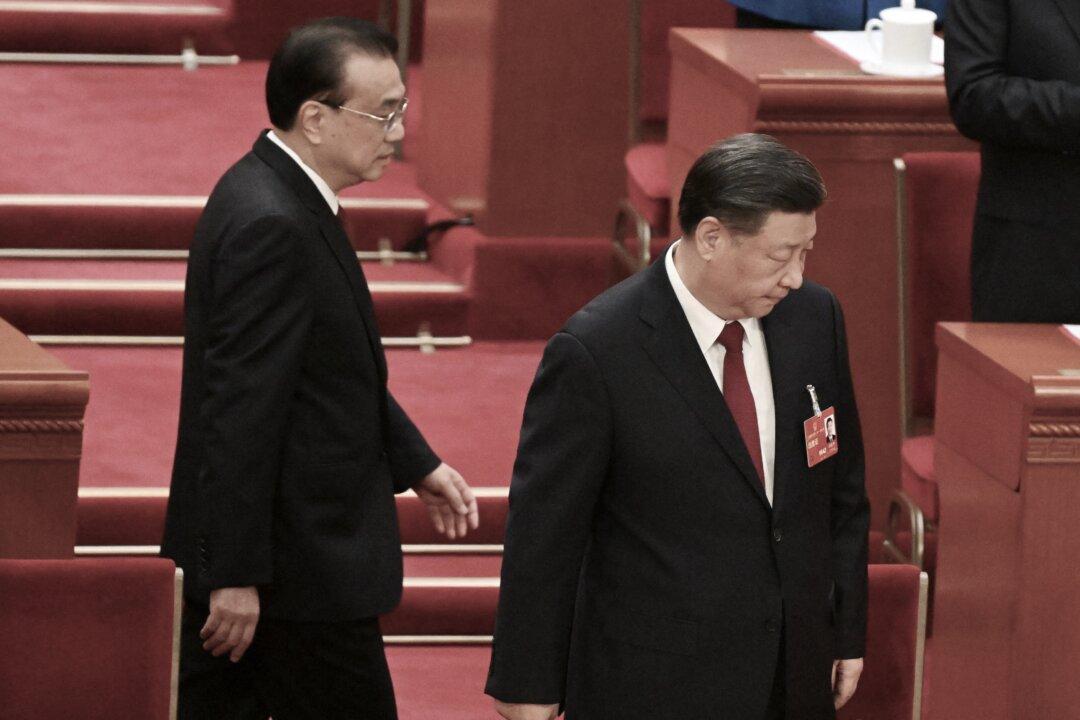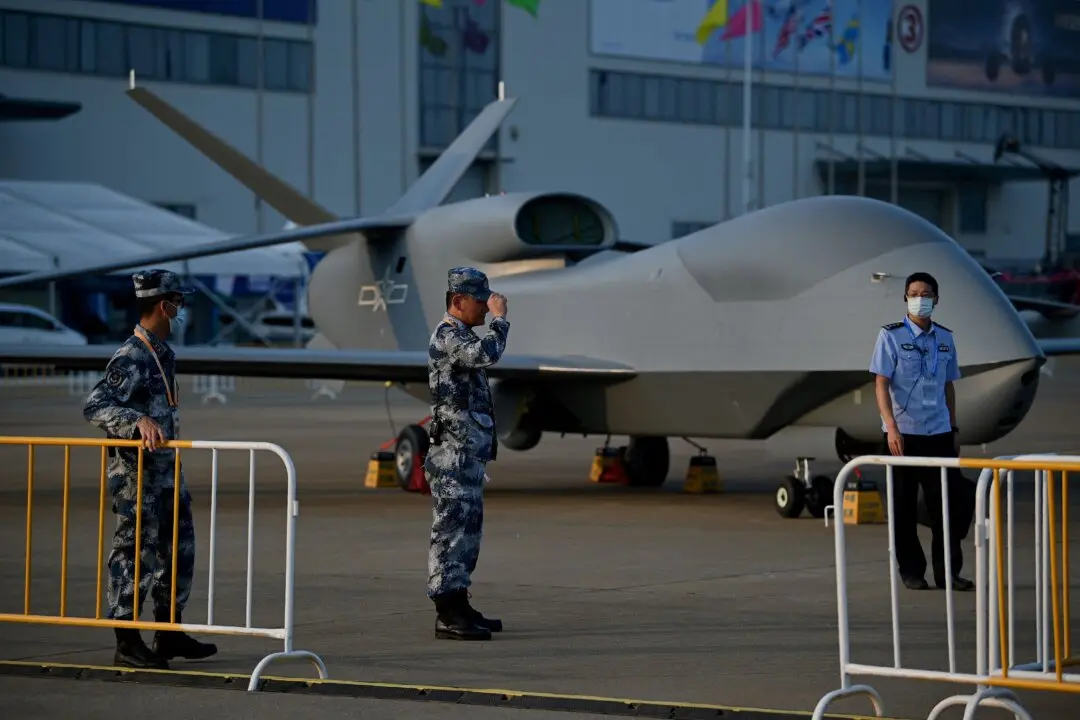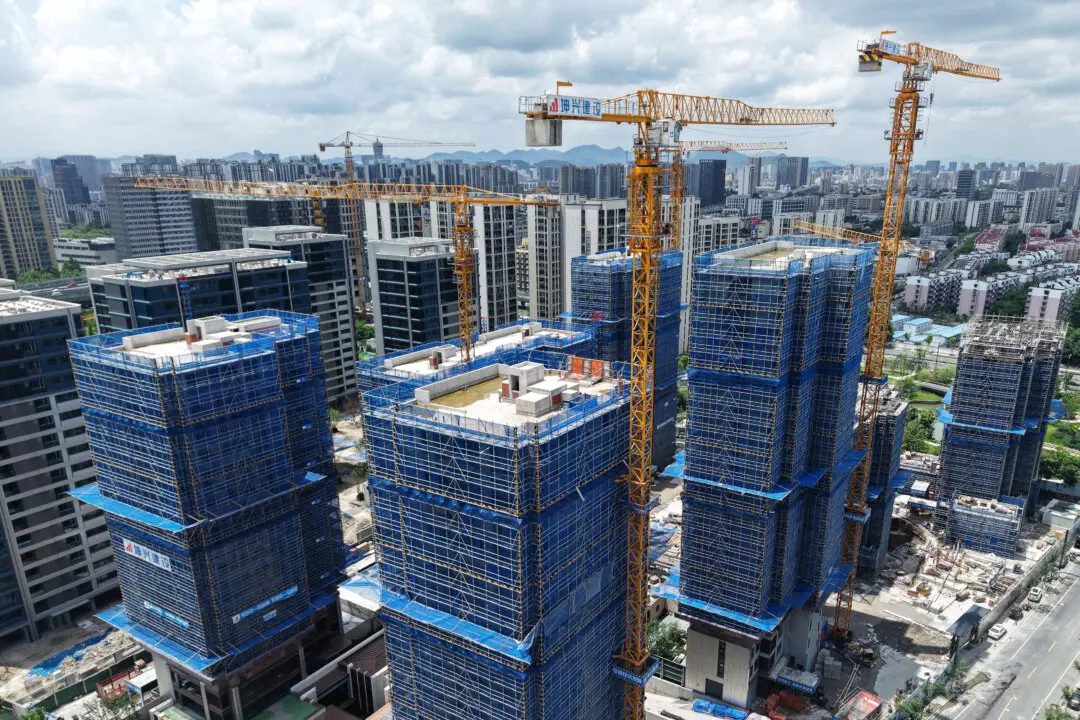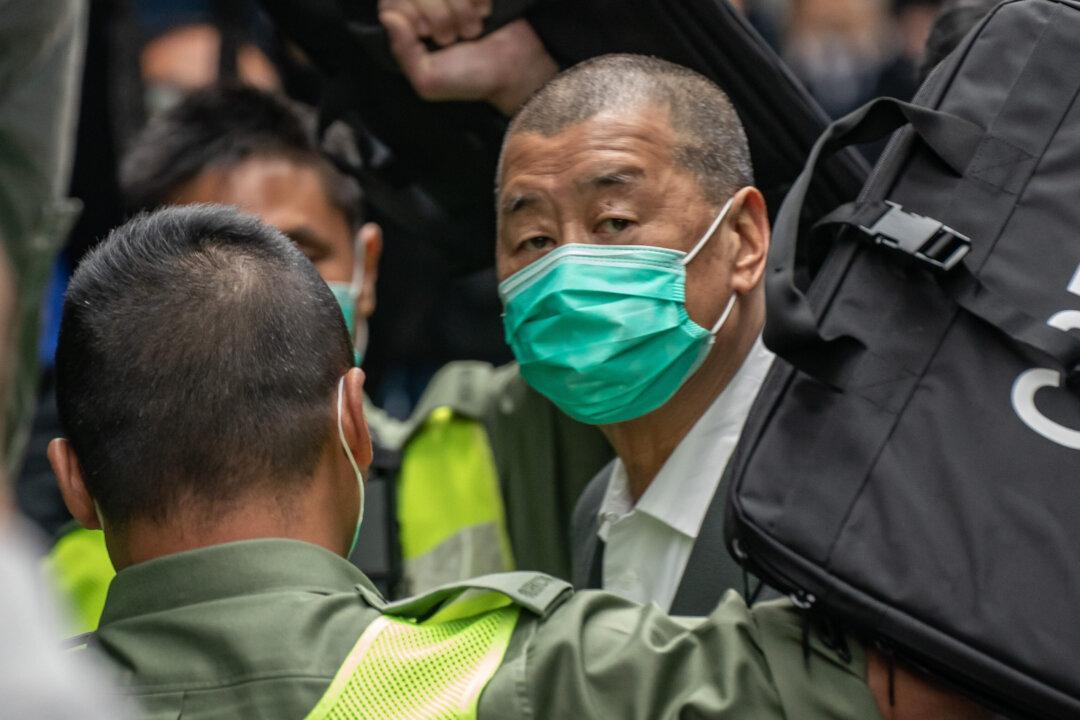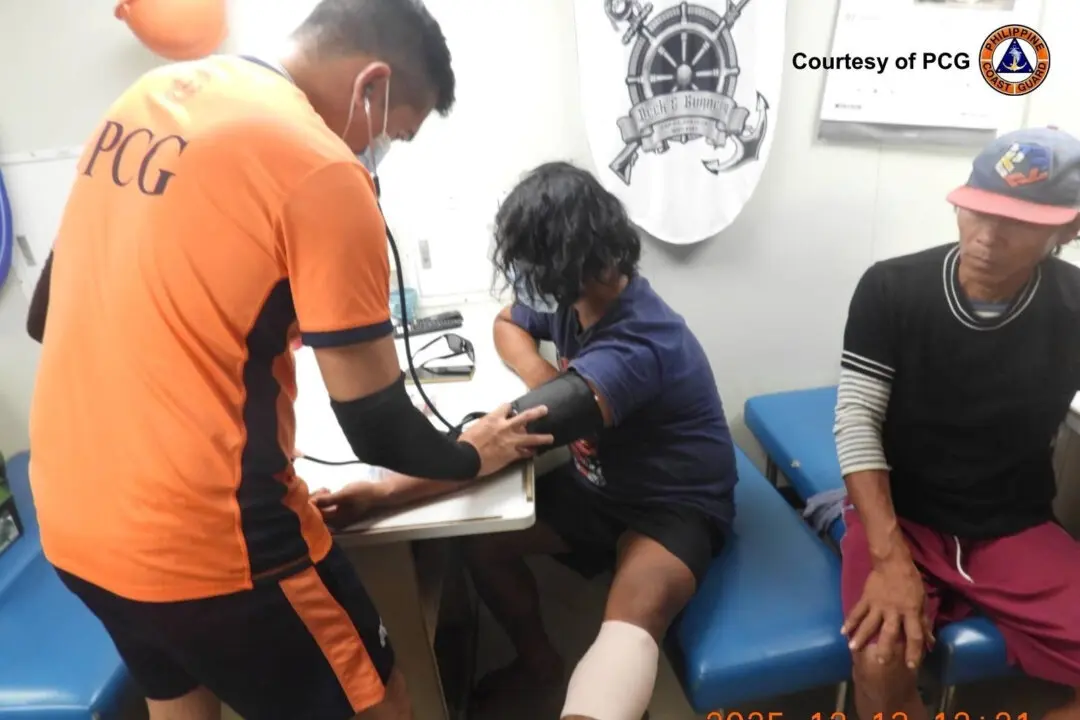The sudden death of China’s former premier could aggravate the potential turmoil within the upper echelons of the Chinese Communist Party’s (CCP) leadership, researchers and analysts say.
Li Keqiang, once China’s No. 2, suffered a “sudden heart attack” on Oct. 26, while he was visiting Shanghai, according to an obituary published by the official news agency Xinhua. After “all rescue measures failed,” he died early on Oct. 27. He was 68.
